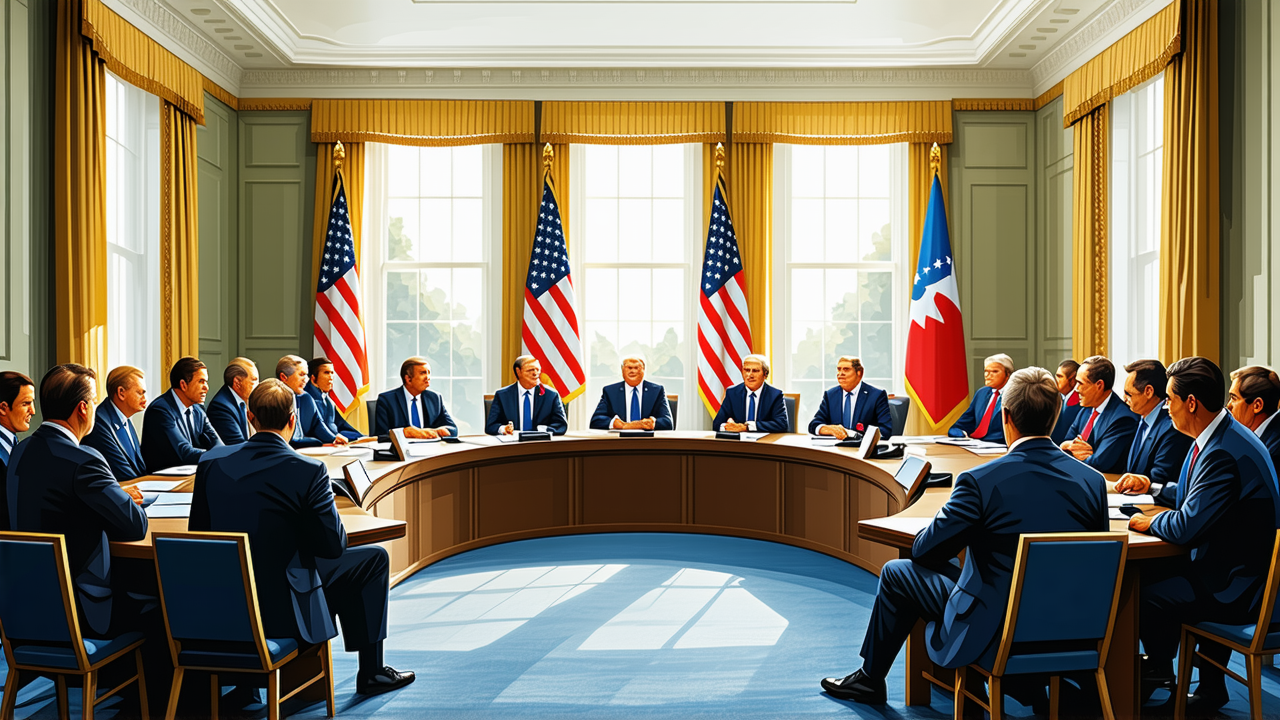New Zealand Government Denies FBI's Wellington Office is Aimed at Countering China
New Zealand Government Denies FBI's Wellington Office is Aimed at Countering China
The New Zealand government has firmly denied claims that the opening of a new FBI office in Wellington is intended to counter China, despite statements from the FBI’s director suggesting otherwise. The U.S. Federal Bureau of Investigation (FBI) announced the launch of a dedicated attaché office in the capital, with FBI Director Kash Patel, a Trump appointee, highlighting the importance of the partnership between New Zealand and the U.S. in tackling global challenges, including countering the Chinese Communist Party (CCP) in the Indo-Pacific region.
Patel emphasized the need for collaboration on issues such as countering narcotics trade, cyberintrusion, and ransomware, as well as protecting citizens worldwide. An FBI spokesperson described the move as a 'historic step' in strengthening ties with New Zealand, particularly in addressing 'growing threats from the Indo-Pacific, particularly from hostile nation-state actors like the Chinese Communist Party.'
During his visit to Wellington, Patel met with several New Zealand officials, including Minister Responsible for the spy agencies GCSB and NZSIS, Judith Collins, Police Minister Mark Mitchell, and Foreign Minister Winston Peters. Collins, who described the meeting as 'excellent' and 'very productive,' did not expect any response from China, stating that 'this is our country, our sovereign right to do what we do.'
Collins also emphasized that the new FBI office was not a response to China's influence, but rather a move to combat transnational crime, drug trafficking, and interference in countries' systems. She noted that while Patel had referred to China in his statements, the government would not be responding to his press releases.
Winston Peters, the Foreign Minister, said the new office was a 'really serious utility added to our crime-fighting capacity in the Pacific,' and that the topic of China had not been raised in their meeting. He added that the government would not be 'running to your narrative,' and that the focus was on addressing the Pacific's law and order issues.
Mark Mitchell, the Police Minister, praised Patel for his approach and said the FBI was 'very good at law enforcement.' He emphasized that the new office would not be a sign of growing ties with the U.S., but rather a reinforcement of an already strong relationship. Mitchell also noted that the FBI would be working closely with New Zealand's police to tackle methamphetamine trafficking and other crimes.
However, Green Party National Security and Intelligence spokesperson Teanau Tuiono expressed disappointment at the establishment of the FBI office, calling it a move that 'flies in the face of our independent foreign policy.' Tuiono reiterated the party's position that New Zealand should exit the Five Eyes intelligence-sharing group, citing concerns over the U.S. influence and the chaotic nature of the Trump regime.
Deputy Prime Minister David Seymour dismissed the Greens' stance, arguing that New Zealand should not consider leaving an intelligence-sharing agreement with its close allies. He emphasized that the FBI office 'does not really change' the relationship with the U.S. and that it is important for New Zealand to maintain strong ties with its global partners.
While the FBI's presence in Wellington is expected to enhance law enforcement cooperation, the government remains clear that the office is not a direct response to China's influence, but rather a broader effort to address transnational crime and global security challenges.
